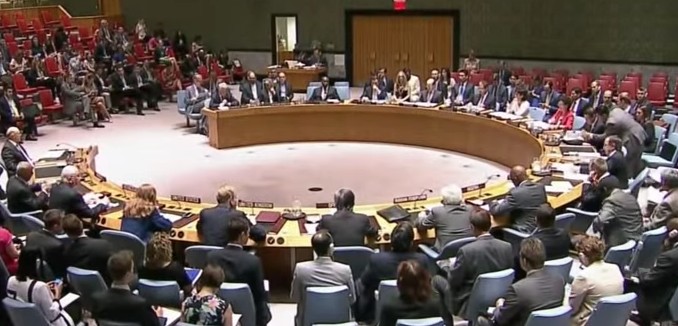Nuclear proliferation experts have raised serious questions about a provision in the recently-agreed nuclear deal that allows Iran up to 24 days to address suspicions of unlawful nuclear activities to the International Atomic Energy Agency (IAEA), The New York Times reported today.
Olli Heinonen, the former deputy director-general of the IAEA, said that 24 days may be sufficient to detect large-scale cheating by Iran, but that Iran would try to hide smaller scale, but still important, nuclear weapons research. “A 24-day adjudicated timeline reduces detection probabilities exactly where the system is weakest: detecting undeclared facilities and materials,” Heinonen told the Times.
David Albright, the president of the Institute for Science and International Security and a former weapons inspector in Iraq, also said that three weeks might be ample time for the Iranians to dispose of the evidence of prohibited nuclear work. Among the possibilities, he said, were experiments with high explosives that could be used to trigger a nuclear weapon, or the construction of a small plant to make centrifuges.
“If it is on a small scale, they may be able to clear it out in 24 days,” Mr. Albright said in a telephone interview. “They are practiced at cheating. You can’t count on them to make a mistake.”
In a separate interview Tuesday with the Washington Free Beacon, Heinonen said that “components for nuclear bombs or warheads can be put together in a relatively small space, some 239 square yards in size,” and that with a 24 day process to settle disputes “hiding nuclear arms development work will be made easier.”
[Photo: PBS NewsHour / YouTube ]




